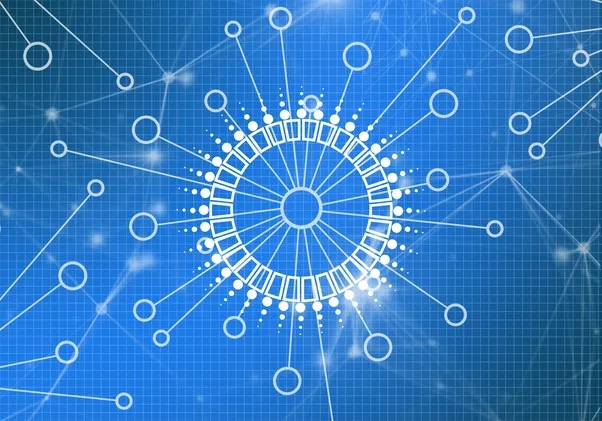}
The first DAO to declare itself as such was "The DAO," which was founded in 2016 to fund Ethereum development projects. The use of a DAO rather than a foundation or venture capital was in keeping with the Ethereum community's decentralized ideal. Indeed, The DAO was an investment fund in which participants made their own decisions rather than delegating them to specialized managers.

But what exaactly is a Decentralized Autonomous Organization (DAO)?
Decentralized: The DAO is decentralized because it works on a decentralized infrastructure, which is a public, permissionless blockchain that cannot be seized by a government or another entity. Because it is not organized hierarchically around executives or stockholders, and it does not consolidate power around them, the DAO is decentralized. A distributed governance structure is required by a DAO, which means that power is exercised collectively throughout the business. DAOs' uniqueness resides in their capacity to coordinate a huge number of people while avoiding the heaviness of hierarchical organizations.
Autonomous: The most important aspect of DAOs is that their operational rules are programmed, which means that they are applied and enforced automatically when the software's requirements are met. This sets them apart from traditional organizations, whose rules are suggestions that must be interpreted and followed. Consider an organization whose members want to use a commission of experts to allocate funding to specific projects. In a typical organization, once the experts have offered their opinions, employees must complete a series of tasks, ranging from preparing the commission minutes to submitting the money transfer instructions to the bank, in order to release the funds. As a result of the commission's approval, monies are transferred immediately in the case of a DAO. Nothing can stop it, not internal stakeholders, not third parties like banks, and not even the government.
Organization: The term "DAO" plainly refers to something else than a traditional "organization" - a social gathering that draws people together and works toward a common goal. Vitalik defines it as “an entity that lives on the internet and exists autonomously, but also heavily relies on hiring individuals to perform certain tasks that the automaton itself cannot do.”
Here’s some examples:
- Developer DAO: dOrg, Gitcoin
- Investor DAO: PieDAO, Stacker Ventures
- Legal DAO: The LAO
- NFT-focused DAO: BeetsDAO, Flamingo DAO
- Room sharing DAO: Dtravel
- Social Network DAO: HIVE